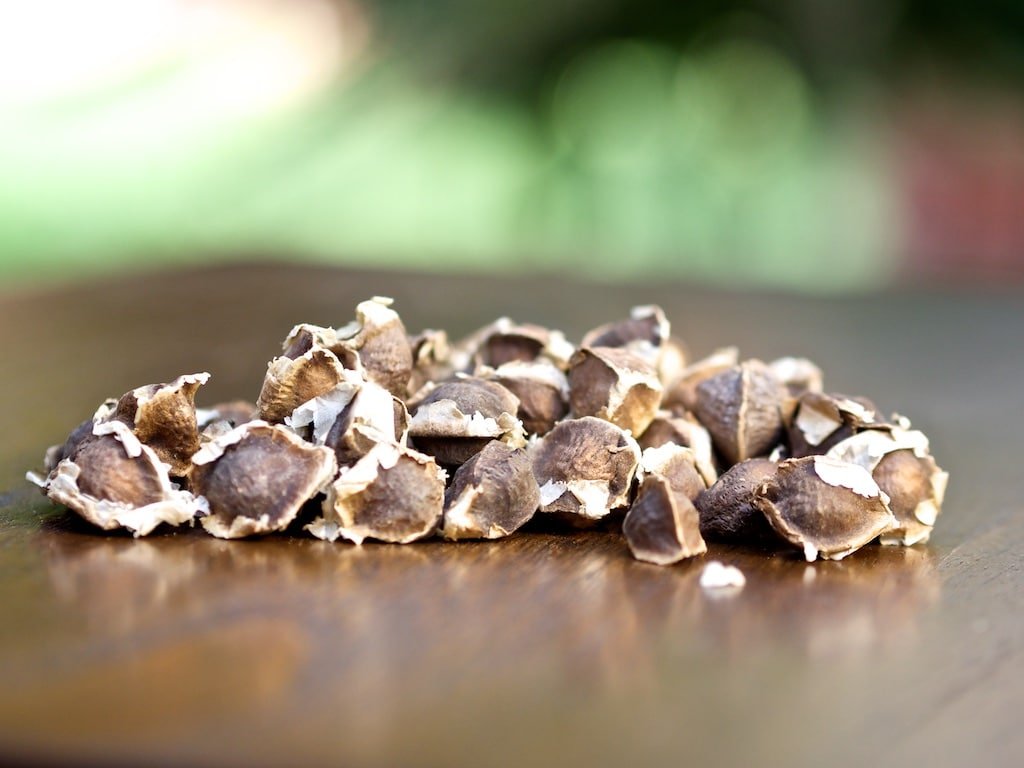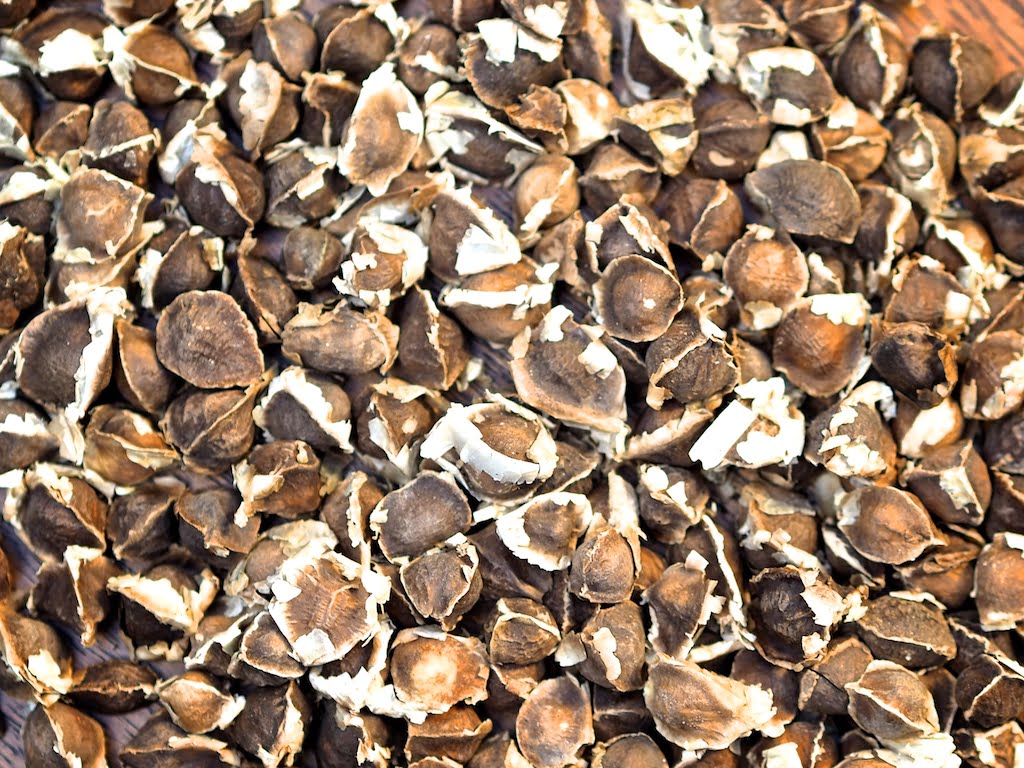Moringa oleifera, commonly known as the drumstick tree, has been gaining recognition for its remarkable nutritional and medicinal benefits. Among its various parts, moringa seeds have garnered interest due to their potential antimicrobial properties. This article delves into the scientific evidence supporting these properties and explores their practical implications.
Introduction to Moringa Seeds
Moringa seeds are the seeds of the Moringa oleifera tree, native to parts of Africa and Asia. These seeds are known for their high nutritional value and have been used traditionally in various cultures for their health benefits. The seeds contain a range of bioactive compounds, including alkaloids, flavonoids, tannins, and saponins, which are thought to contribute to their medicinal properties.
Antimicrobial Properties of Moringa Seeds
The antimicrobial properties of moringa seeds are primarily attributed to their phytochemical composition. Research has shown that these seeds exhibit activity against a broad spectrum of microorganisms, including bacteria, fungi, and viruses.
1. Bacterial Inhibition
Several studies have investigated the antibacterial effects of moringa seed extracts. The seeds’ antimicrobial activity is often evaluated using different solvents, such as water, ethanol, and methanol. Key findings include:
- Bacterial Strains: Moringa seed extracts have demonstrated effectiveness against common pathogenic bacteria, such as Escherichia coli, Staphylococcus aureus, and Salmonella typhi. The seeds’ ability to inhibit these bacteria suggests their potential role in preventing and treating bacterial infections.
- Mechanism of Action: The antibacterial activity is believed to result from the disruption of bacterial cell walls and membranes, which impedes the growth and replication of the bacteria.
2. Antifungal Activity
Moringa seeds also exhibit antifungal properties. Research highlights include:
- Fungal Strains: Extracts from moringa seeds have shown effectiveness against various fungi, including Candida albicans, a common cause of fungal infections, and Aspergillus niger, which can lead to respiratory and systemic infections.
- Fungal Inhibition: The antifungal activity is often linked to the presence of specific compounds that interfere with fungal cell wall synthesis and function.
3. Antiviral Potential
Although less studied compared to bacterial and fungal properties, preliminary research indicates that moringa seed extracts may possess antiviral activity. Studies have suggested potential efficacy against certain viruses, though more research is needed to fully understand and validate these effects.

Phytochemical Components Contributing to Antimicrobial Activity
The antimicrobial activity of moringa seeds can be attributed to several key phytochemicals:
- Alkaloids: These nitrogen-containing compounds have been shown to possess antibacterial and antifungal properties.
- Flavonoids: Known for their antioxidant and antimicrobial activities, flavonoids can disrupt microbial cell functions.
- Tannins: These polyphenolic compounds have astringent properties that can inhibit microbial growth.
- Saponins: Saponins exhibit antimicrobial effects by creating pores in microbial membranes, leading to cell death.
Practical Applications and Future Research
The antimicrobial properties of moringa seeds present several practical applications:
- Traditional Medicine: Moringa seeds can be incorporated into traditional medicine practices for treating infections and supporting overall health.
- Pharmaceutical Industry: The isolation of active compounds from moringa seeds could lead to the development of new antimicrobial agents and treatments.
- Food Industry: Moringa seed extracts could be used as natural preservatives in food products due to their antimicrobial effects.
Future research should focus on:
- Standardization: Establishing standardized methods for extracting and testing moringa seed extracts to ensure consistency and effectiveness.
- Clinical Trials: Conducting clinical trials to evaluate the safety and efficacy of moringa seed-based treatments in humans.
- Mechanistic Studies: Further understanding the exact mechanisms through which moringa seeds exert their antimicrobial effects.
Conclusion
Moringa seeds hold significant promise due to their antimicrobial properties, which are supported by a range of scientific studies. The seeds’ effectiveness against bacteria, fungi, and potentially viruses opens avenues for their use in various fields, from traditional medicine to modern pharmaceuticals. Continued research will be crucial in unlocking the full potential of moringa seeds and ensuring their safe and effective application in antimicrobial therapies.
Ajigofarms is a reliable global agricultural purchase sourcing with profound expertise in the manufacturing, and exportation of food crops. We are tested, and trusted suppliers of all kinds of cash crops and food crops. Our constant supply chain solution makes exporting easy, quick, and safe, we are identified with timeliness and meeting up with deadlines. Regardless of the region you are located in worldwide, you can reliably order your Agric products and be rest assured of successful delivery.




